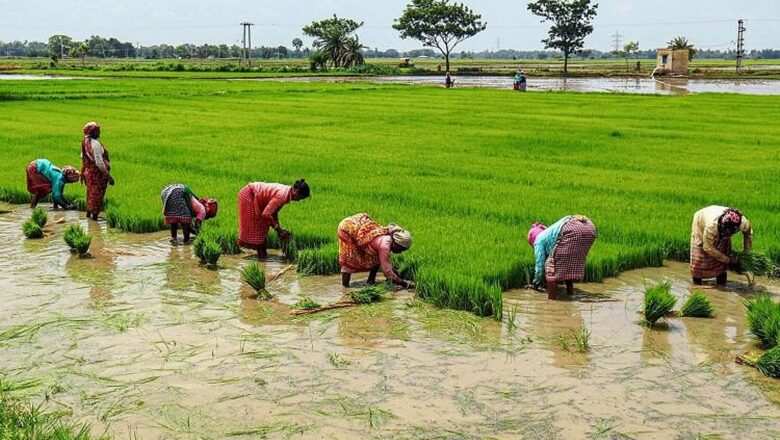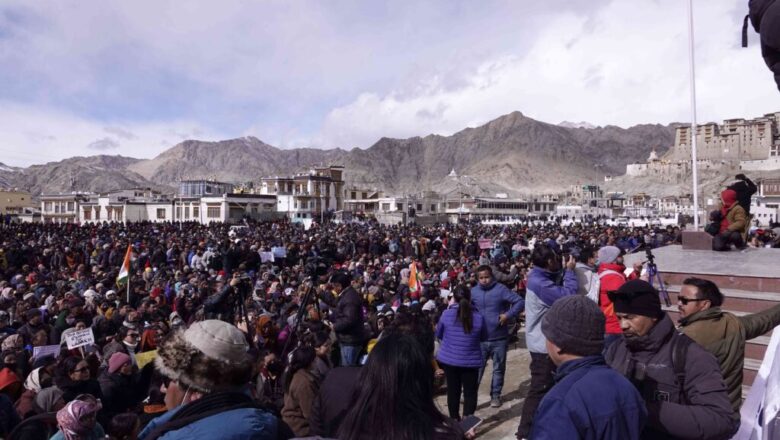
America Forests Are Storing More Carbon Than They Have in Decades, New Analysis Shows
Forests across the United States have absorbed carbon at an unusually high rate over the past two decades, turning them into one of the country’s most significant natural allies in slowing climate change. A new scientific analysis shows that this surge is the result of a complex interaction between climate trends and human decisions about how forests are managed and conserved.
Researchers from Ohio State University analysed national forest inventory data to separate carbon gains driven by natural factors from those influenced by land use and forest management. The findings suggest that U.S. forests are currently holding more carbon than at any point in recent history, but scientists caution that this trend may not continue indefinitely.
Climate Conditions and Fore...








